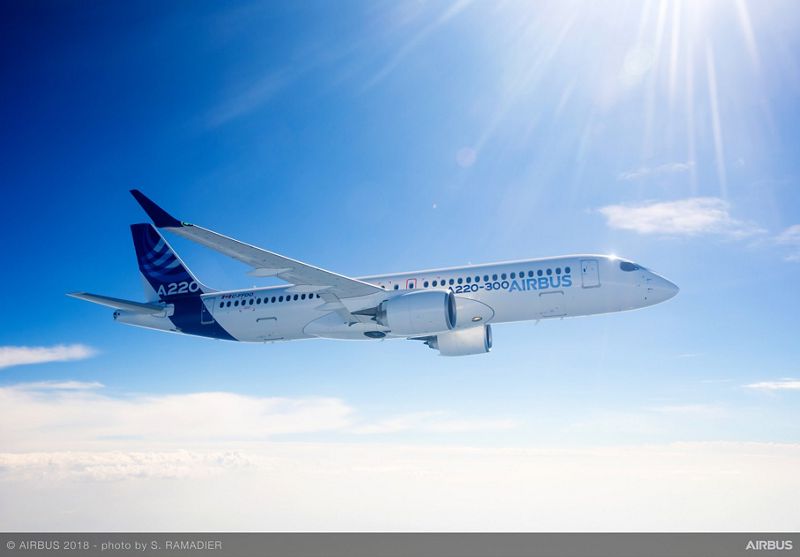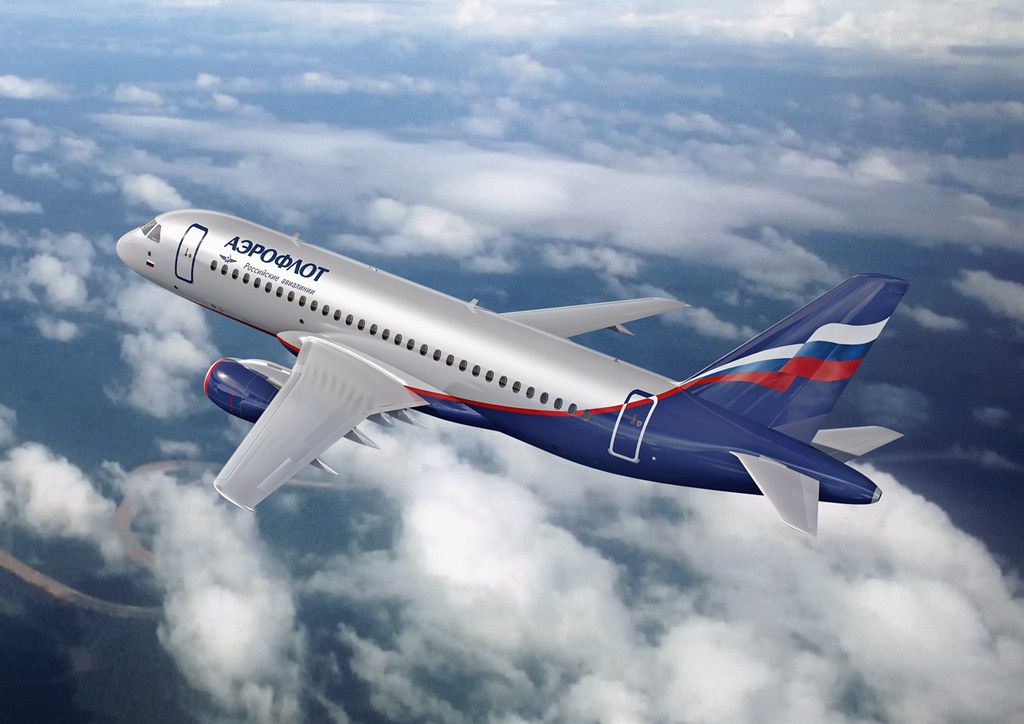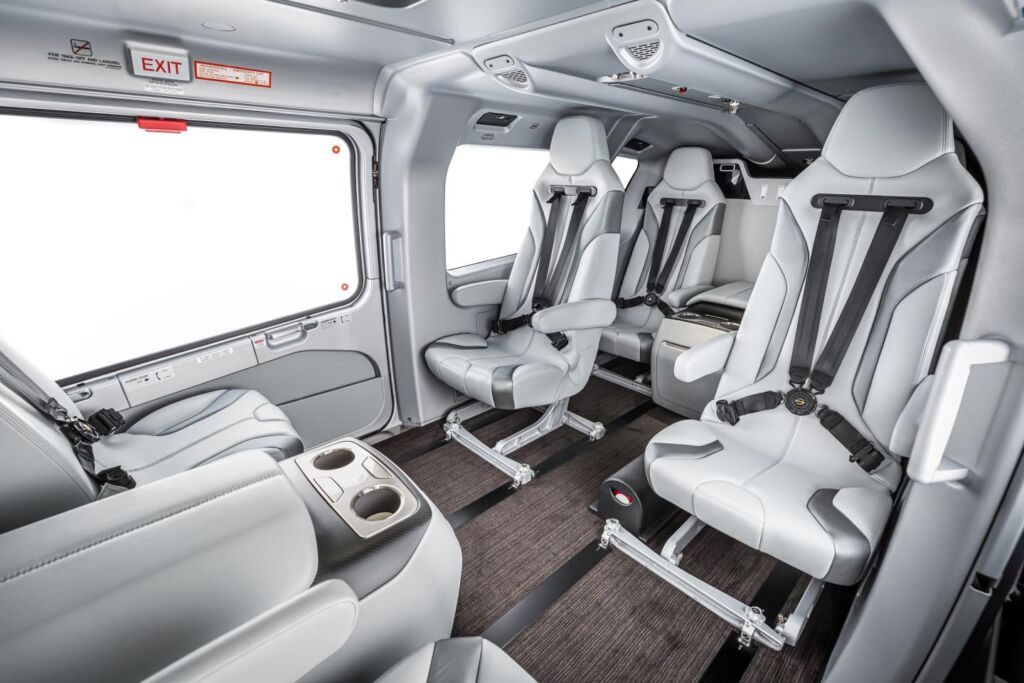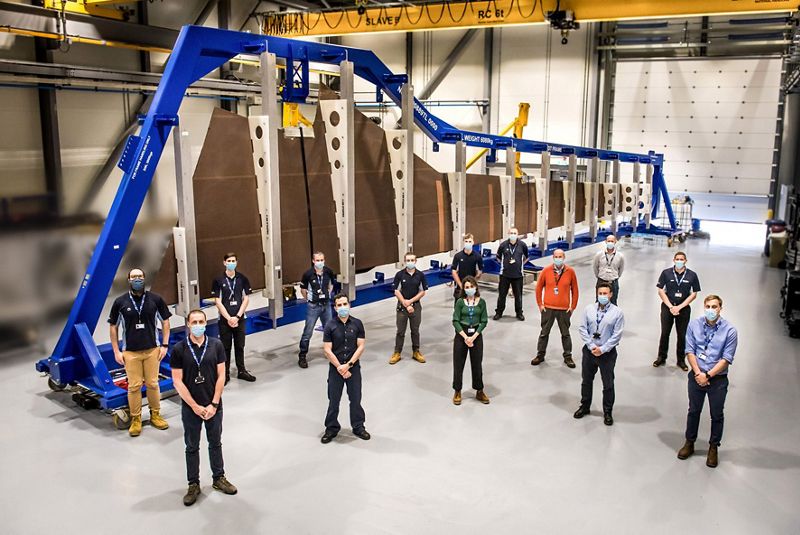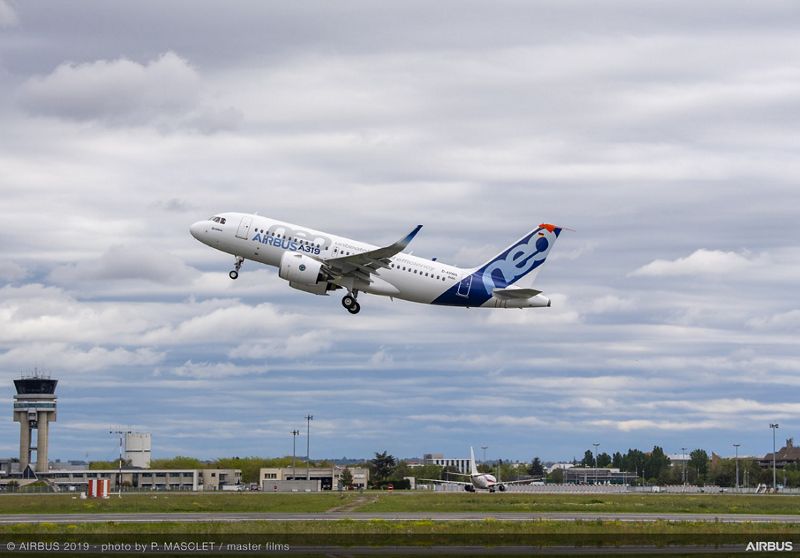At this year’s Aircraft Interiors Expo (AIX) in Hamburg, Airbus announced a groundbreaking agreement with Amazon’s Project Kuiper to bring high-speed satellite-based inflight connectivity (IFC) to commercial aircraft. The two companies signed a Memorandum of Understanding (MoU) that aims to integrate Kuiper’s low Earth orbit (LEO) satellite network into Airbus’ catalog of connectivity service offerings.
Amazon’s Project Kuiper is developing a constellation of over 3,200 LEO satellites designed to deliver broadband internet around the globe. The service will offer inflight downlink speeds of up to 1 gigabit per second (Gbps), dramatically enhancing onboard internet capabilities for passengers and crew.
Under the agreement, Airbus will offer Kuiper’s connectivity solution as both a line-fit option for new aircraft and a retrofit solution for existing fleets, giving airlines flexibility to upgrade their inflight connectivity systems.
“Providing inflight connectivity rivalling that available on the ground is the type of complex challenge well-suited for Amazon and Project Kuiper,” said Chris Weber, Vice President of Sales and Marketing for Project Kuiper. “By building on our relationship with Airbus, we’ll enable more airlines to offer richer onboard passenger experiences and access critical flight operations information, keeping them at the forefront of the transformation in commercial aviation.”
The partnership reflects a broader shift in the aviation industry as airlines increasingly seek to improve the onboard digital experience. With the growing demand for real-time streaming, cloud-based services, and connected cabin operations, LEO-based IFC solutions are expected to become a cornerstone of next-generation airline infrastructure.
Airbus and Amazon say they will work closely with airlines and service providers to tailor the integration process, ensuring that Kuiper’s capabilities can be seamlessly embedded into various aircraft models and operational needs.
The first Kuiper-equipped commercial aircraft are expected to enter service within the next few years, pending regulatory approvals and network deployment milestones.
Amazon plans to deploy 27 satellites to an altitude of 280 miles (450 kilometers) above Earth.


